Professor Daniel Nomura

Speaker: Professor Daniel Nomura, The University of California, Berkeley
Talk title: Reimagining Druggability using Chemoproteomic Platforms
Biography: Dan Nomura is a Professor of Chemical Biology and Molecular Therapeutics in the Department of Chemistry and the Department of Molecular and Cell Biology in the Division of Molecular Therapeutics at the University of California, Berkeley and an Investigator at the Innovative Genomics Institute. He is an Adjunct Professor in the Department of Pharmaceutical Chemistry at UCSF. Since 2017, he has been the Director of the Novartis-Berkeley Translational Chemical Biology Institute focused on using chemoproteomic platforms to tackle the undruggable proteome. He is Co-Founder of Frontier Medicines, a start-up company focused on using chemoproteomics and machine learning approaches to tackle the undruggable proteome. He is also the Founder of Vicinitas Therapeutics based on his group’s discovery of the Deubiquitinase Targeting Chimera (DUBTAC) platform for targeted protein stabilization. He is on the Scientific Advisory Boards for Frontier Medicines, Vicinitas Therapeutics, Photys Therapeutics, Apertor Pharma, Ecto Therapeutics, and Oerth Bio. Nomura is also on the scientific advisory boards of The Mark Foundation for Cancer Research and the MD Anderson Cancer Center. He is also an Investment Advisory Partner at a16z Bio+Health, an Investment Advisory Board member at Droia Ventures, and an iPartner with The Column Group. He earned his B.A. in Molecular and Cell Biology in 2003 and Ph.D. in Molecular Toxicology in 2008 at UC Berkeley with Professor John Casida and was a postdoctoral fellow at Scripps Research with Professor Benjamin F. Cravatt before returning to Berkeley as a faculty member in 2011. Among his honors include the National Cancer Institute Outstanding Investigator Award, Searle Scholar, and the Mark Foundation for Cancer Research ASPIRE award.
Professor Nir London
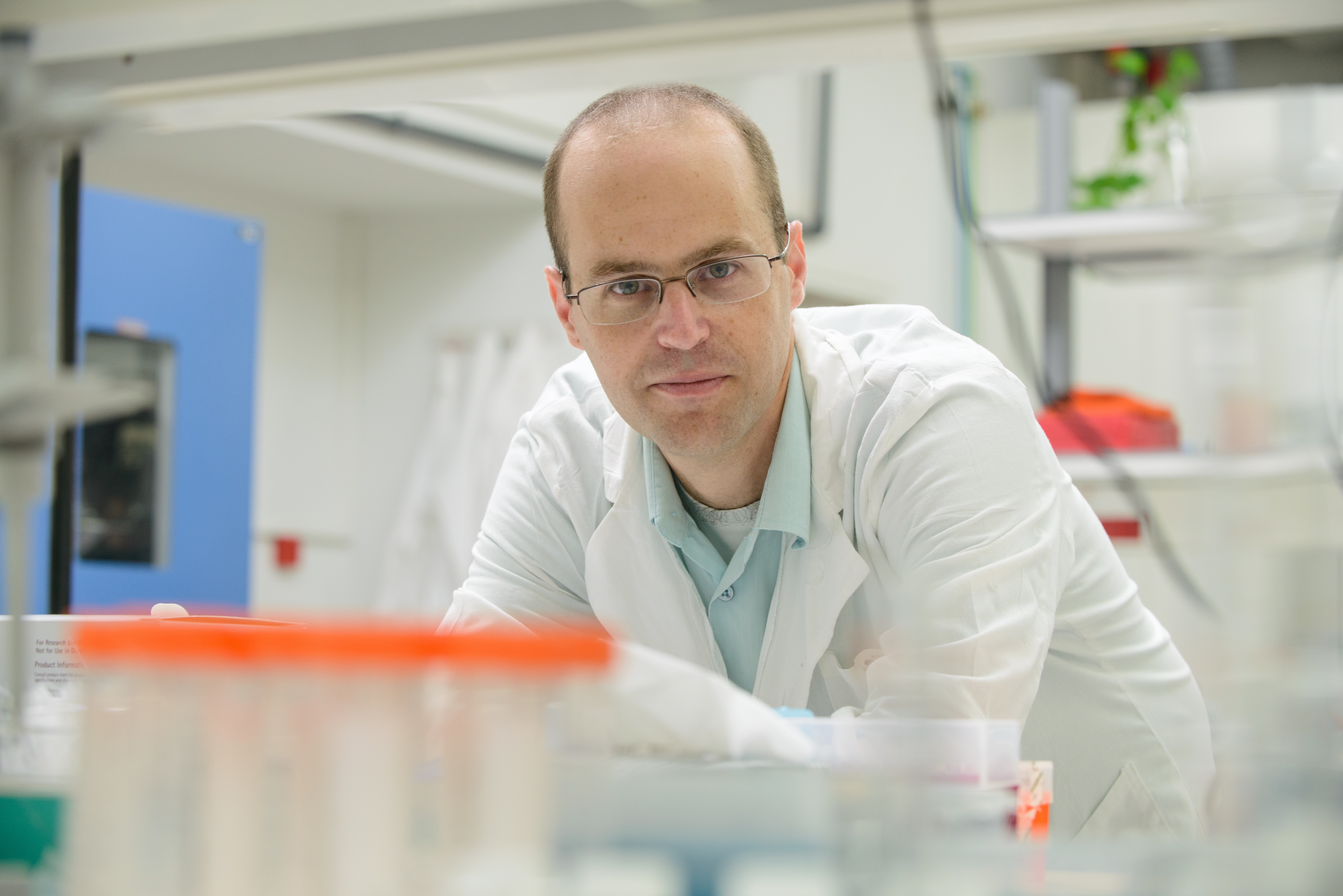
Speaker: Professor Nir London, Weizmann Institute of Science, Rehovot, Israel
Talk title: New functions for covalent binders
Biography: Prof. Nir London completed his PhD in computational structural biology at the Hebrew University in 2012. He then pursued a post-doctoral fellowship with Brian Shoichet at UCSF. In 2015 Dr. London joined the Weizmann Institute of Science. Dr. London’s lab is focused on covalent chemical biology and is developing new technologies to discover and functionalize covalently acting compounds. His honors include amongst others, the 2021 EFMC award for young medicinal chemist in academia and the 2021 ISCB award for young chemical biologist. He is currently the president of the Medicinal Chemistry Section of the Israel Chemical Society.
Emma Grant
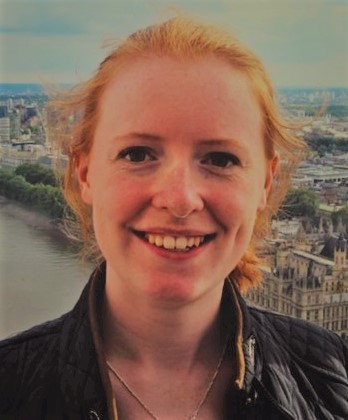
Speaker: Emma Grant, GlaxoSmithKline
Talk title: Reactive fragment platforms for covalent hit ID
Biography: Emma conducted her PhD studies on the collaborative programme between the University of Strathclyde and GlaxoSmithKline. Her research primarily focussed on photoaffinity labelling and the development of a reactive fragment screening platform, known as the PhABits, to identify tool compounds for target validation. Since graduating in 2020 and being awarded the SCI Young Chemist in Industry Prize, Emma’s work has focussed on the expansion of reactive fragment screening platforms for covalent drug discovery. She now leads the application of these technologies in covalent hit ID and to assess target tractability in the Chemical Biology group within GSK. She was recently awarded a 2023 TechWomen100 prize for her research.
Brent Martin
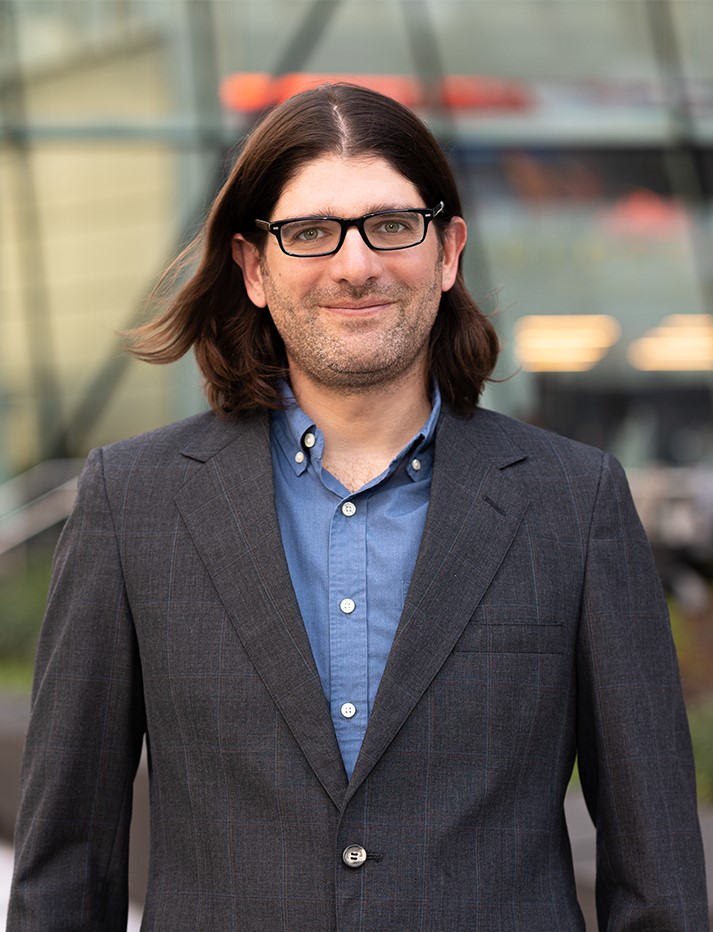
Speaker: Brent Martin, Scorpion Therapeutics
Talk title: Streamlined live cell covalent ligand discovery
Biography: Brent Martin received his Ph.D. in Pharmacology at the University of California in San Diego followed by postdoctoral studies at the Scripps Research Institute. As faculty member in the Chemistry Department at the University of Michigan in Ann Arbor, his research expanded the scope of activity-based profiling methods, developed new bioconjugation reactions to identify redox modifications and lipid modifications, and introduced tunable electrophiles for cysteine profiling. Brent left academics to lead the Chemical Biology team at Janssen. He is currently Vice President and Head of Chemical Biology at Scorpion Therapeutics.
Dr Andrea Gohlke
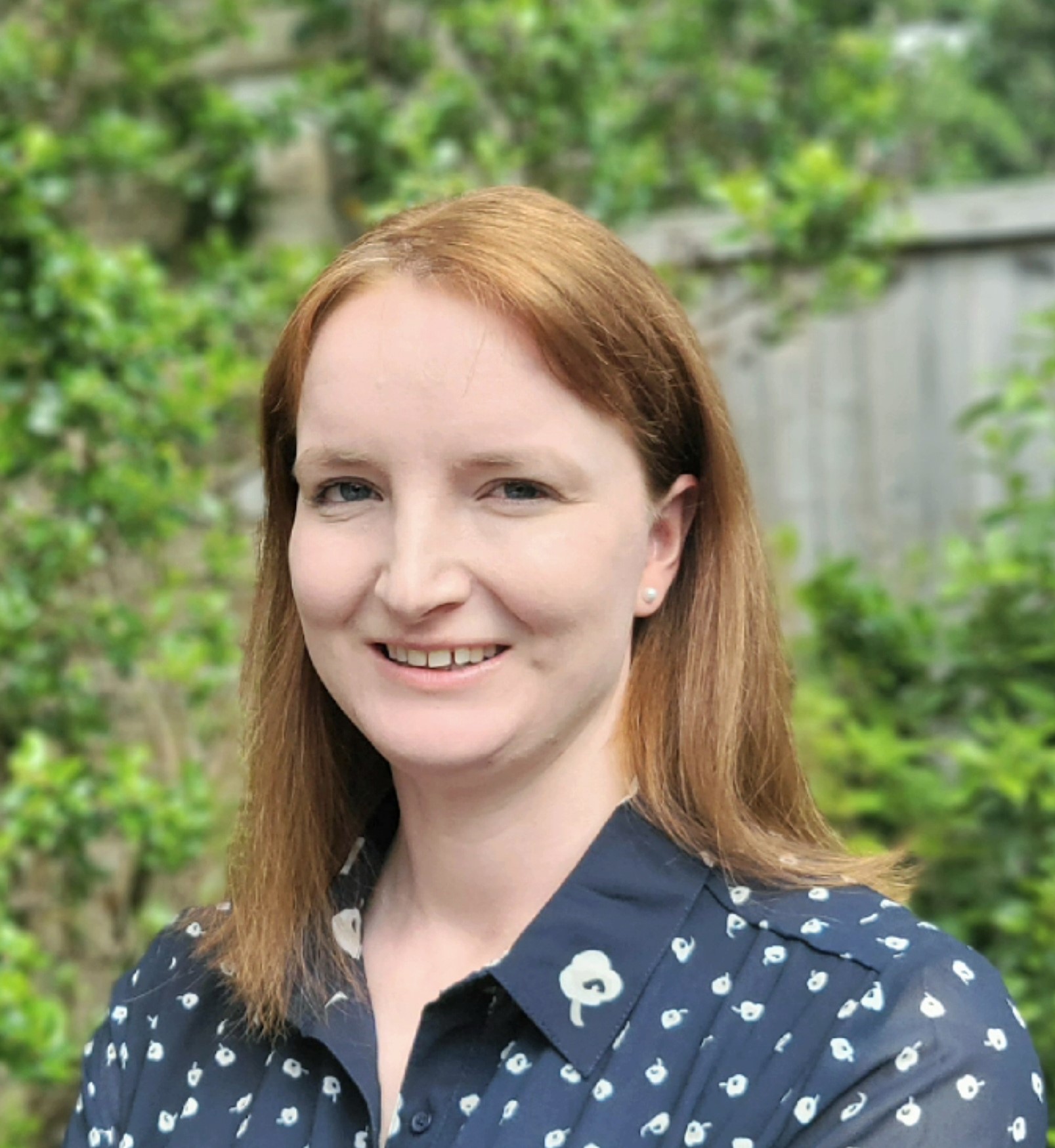
Speaker: Dr Andrea Gohlke, AstraZeneca PLC, Cambridge, UK
Talk title: Electrophile first lead generation for an intractable target
Biography: Dr. Andrea Gohlke is an Associate Director in Biophysics leading a team within the Mechanistic and Structural Biology department at AstraZeneca in Cambridge, UK. She joined AstraZeneca in 2019 and is using Biophysics in early- stage cancer drug discovery providing essential information about binding kinetics and the mode of action. In addition, she is a project leader including new capability developments. Starting her scientific career, she studied Molecular Life Science and obtained her PhD in Biophysical Chemistry at TU Dortmund in Germany in conjunction with the Max Planck Institute for Molecular Physiology in 2010. Here, she biophysically characterised the interaction of amyloids and small GTPases with model membranes and cells and how these can be modified. After that, she worked as postdoc in the group of Nobel laureate James Rothman at Yale University (USA) as well as at the École Normale Supérieure (France) studying SNARE-mediated membrane fusion using model membranes. Her work has been acknowledged with a postdoctoral fellowship from the German Research foundation. In 2015 she joined the Drug Discovery Programme at the CRUK Beatson institute (UK) where she used Biophysics in early-stage cancer drug discovery as well as lead collaborations with academic institutions. Her general scientific focus is the biophysical characterisation of protein/ligand interactions using a range of spectroscopic and microscopic methods. She is also a member of the publication committee of the Biophysical Journal.
Dr David Mann
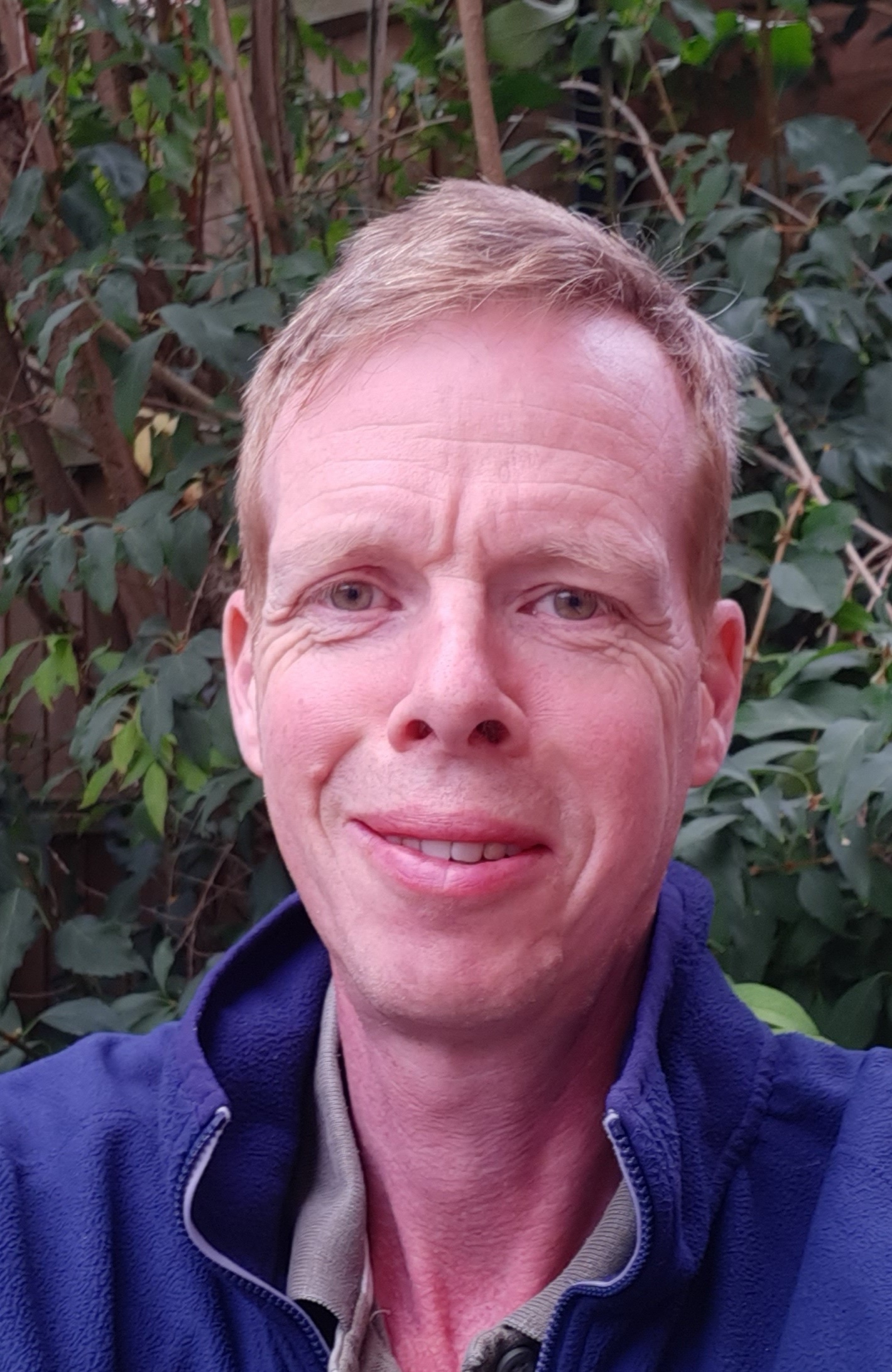
Speaker: Dr David Mann, Imperial College London, UK
Talk title: Identifying and developing covalent fragment hits for targeted therapeutics
Biography: PhD Sheffield on developmental gene expression
Post doc in the MRC Protein Phosphorylation Unit headed by Prof Sir Philip Cohen in Dundee
Postdoctoral fellow at Imperial Cancer Research Fund (became London Research Institute of CRUK) on cell cycle dependent phosphorylation with Prof Nic Jones
Research Lecturer at Brunel Univeristy
Current post at Imperial College (started 2000) focussing on molecular/chemical biology of cancer
Matt Patricelli

Speaker: Matt Patricelli, Vividion Therapeutics, USA
Talk title: Lessons and learnings from 8 years of chemoproteomics-centered drug discovery
Biography: Obtained PhD from The Scripps Research Institute under Prof. Benjamin Cravatt (was his first student). More than 20 years of experience in the fields of enzymology, chemical biology, chemical proteomics, and drug discovery. Developed cutting edge chemical proteomics methodologies that formed the foundation of the ActivX activity-based proteomics platforms used for both internal drug development and a successful fee-for-service business (KiNativ). Biology lead for the KRAS-G12C program at Wellspring biosciences leading to the first demonstration of selective KRAS-G12C inhibition in cells and in vivo. 1st Employee and founding scientist of Vividion therapeutics. Built initial team, established chemoproteomics screening platform and early results leading to Series A financing. Subsequently led all early discovery efforts to build deep pipeline of first in class small molecule inhibitor programs. Vividion was acquired by Bayer Pharmaceuticals in 2021 for $2B, in recognition of its uniquely valuable platform and pipeline. Promoted to CSO of Vividion in early 2023. Vividion was responsible for 3 small molecule clinical entries in 2023, two internally run trials (STAT3, and Keap1 activator/NRF2 inhibitor) and on partnered trials (Roche, WRN), and continues to grow and advance a deep pipeline of novel small molecule discovery and development programs. Author or co-author of more than 40 scientific publications, and 6 issued patents.
Lyn Jones

Speaker: Lyn Jones, Dana-Farber Cancer Institute
Talk title: Covalent Drug Development - Targeting Cysteine and Beyond
Biography: Lyn Jones completed PhD studies in synthetic organic chemistry at the University of Nottingham, before starting his postdoctoral research at The Scripps Research Institute, California in chemical biology. He joined Pfizer Sandwich (UK) as a medicinal chemistry team leader, eventually becoming Head of Chemical Biology and Lead Discovery Technologies. He transferred to Pfizer Cambridge (USA) to become Head of Rare Disease Chemistry and Head of Chemical Biology. He then helped establish Jnana Therapeutics as Head of Chemistry and Chemical Biology, before moving to his current roles as Director of the Center for Protein Degradation, Institute Scientist, and Principal Investigator at the Dana-Farber Cancer Institute in Boston. His research interests include the creation and application of chemistry-based technologies, such as covalent protein labeling modalities and induced-proximity pharmacology, with the objective of expanding the druggable proteome.
Monique Mulder
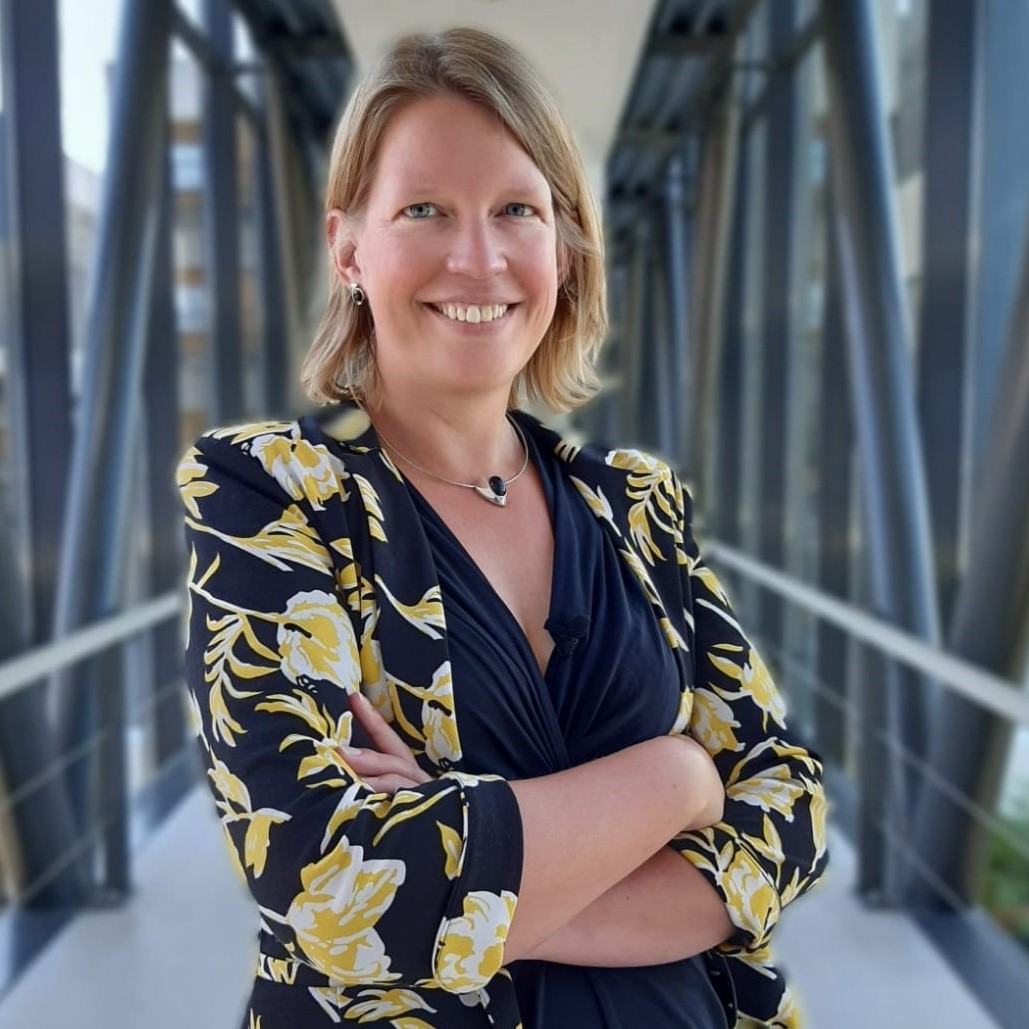
Speaker: Monique Mulder, Leiden University Medical Center
Talk title: Unveiling the Ubiquitin System through Covalent Enzyme Inhibition
Biography: Monique Mulder earned her PhD in Medicinal Chemistry at Utrecht University in 2012. Subsequently, she embarked on a trajectory that integrates chemical principles with cutting-edge biological techniques. She now leads the Mulder lab at Leiden University Medical Center, where her research is centered on elucidating the intricate mechanisms governing post-translational modifications of substrate proteins by ubiquitin and ubiquitin-like proteins. Her focus extends to understanding how dysregulation in these processes contributes to the pathogenesis of diseases like neurodegeneration and cancer, striving to illuminate the pathogenesis at a molecular level. The lab specializes in crafting tailored covalent small molecule inhibitors and chemical probes essential for unraveling the complexities of protein (de)ubiquitination.
Megan Matthews

Speaker: Megan Matthews, University of Pennsylvania, USA
Talk title: The revolution and evolution of activity-based protein profiling
Biography: Megan received her BA in Chemistry from Miami University and her PhD from Penn State University under Marty Bollinger and Carsten Krebs. Her PhD work led to an understanding for how iron- and 2-oxoglutarate dependent oxygenases suppress hydroxylation to allow for halogenation and other outcomes important in natural product biosynthesis. Upon graduation, she performed postdoctoral studies at Scripps Research in the chemical biology laboratory of Ben Cravatt as a Helen Hay Whitney Fellow. Matthews investigated the prevalence of undiscovered protein-bound electrophiles and the (dys)functions that the unknown electrophiles impart, uncovering evidence for their involvement in cancer and diseases of the central nervous system. Her program is tracking down these and a host of other leads to novel disease biology and therapeutics.
Professor Bradley Pentelute
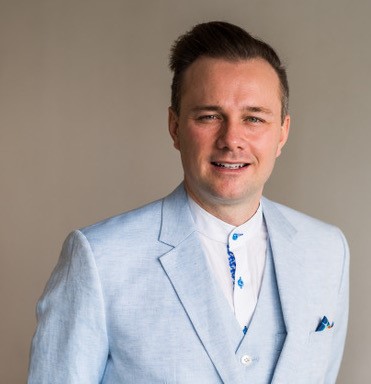
Speaker: Professor Bradley Pentelute, Professor of Chemistry at Massachusetts Institute of Technology
Talk title: Advancing Covalent Peptide Inhibitors through ReAct-ASMS
Biography: Bradley L. Pentelute is a Professor of Chemistry at MIT (
https://pentelutelabmit.com). He is also an Associate Member, Broad Institute of Harvard and MIT, an Extramural Member of the MIT Koch Cancer Institute, and Member, Center for Environmental Health Sciences MIT. He received his undergraduate degree in Psychology and Chemistry from the University of Southern California, and his M.S and Ph.D. in Organic Chemistry from the University of Chicago with Prof. Steve Kent. He was a postdoctoral fellow in the laboratory of Dr. R. John Collier at Harvard Medical School, Microbiology. Bradley L. Pentelute has been recognized with several prestigious awards since 2013, including the Damon Runyon-Rachleff Innovation Award (2013), the Young Chemical Biologist Award from the International Chemical Biology Society (2013), the Sontag Distinguished Scientist Award (2013), the NSF CAREER Award (2014), the Sloan Research Fellowship in Chemistry (2015), the Novartis Early Career Award in Organic Chemistry (2015), the Amgen Young Investigator Award (2016), the Eli Lilly Award in Biological Chemistry (2018), and the Rao Makineni Lectureship from the American Peptide Society (2021).
Dr Peter Cossar
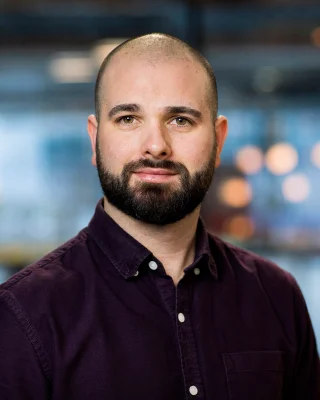
Speaker: Dr Peter Cossar, Eindhoven University of Technology
Talk title: Reversible Dual-Covalent Molecular Locking of the 14-3-3/ERRγ Protein-Protein Interaction as a Molecular Glue Drug Discovery Approach
Biography: Peter Cossar completed his PhD in synthetic medicinal chemistry at the University of Newcastle, Australia. In 2018, he began a Marie Curie Postdoctoral Fellowship at the Technical University of Eindhoven in the Netherlands, where he trained as a chemical biologist. During this time, he pioneered a novel aldehyde-based covalent drug discovery approach, which is now licensed by Ambagon Therapeutics. In 2021, he was awarded the prestigious Veni Fellowship from the Dutch Science Foundation and was recognized as a future research leader by the EFMC Young Investigator Committee. In 2023, Peter was appointed Assistant Professor at the Technical University of Eindhoven. And in October 2024, he moved his research group to the University of Dundee’s Centre for Targeted Protein Degradation. His research group focuses on developing new fragment-based drug discovery approaches and molecular glue stabilizers for intrinsically disordered biomolecular complexes.
Isabel Martin Caballero
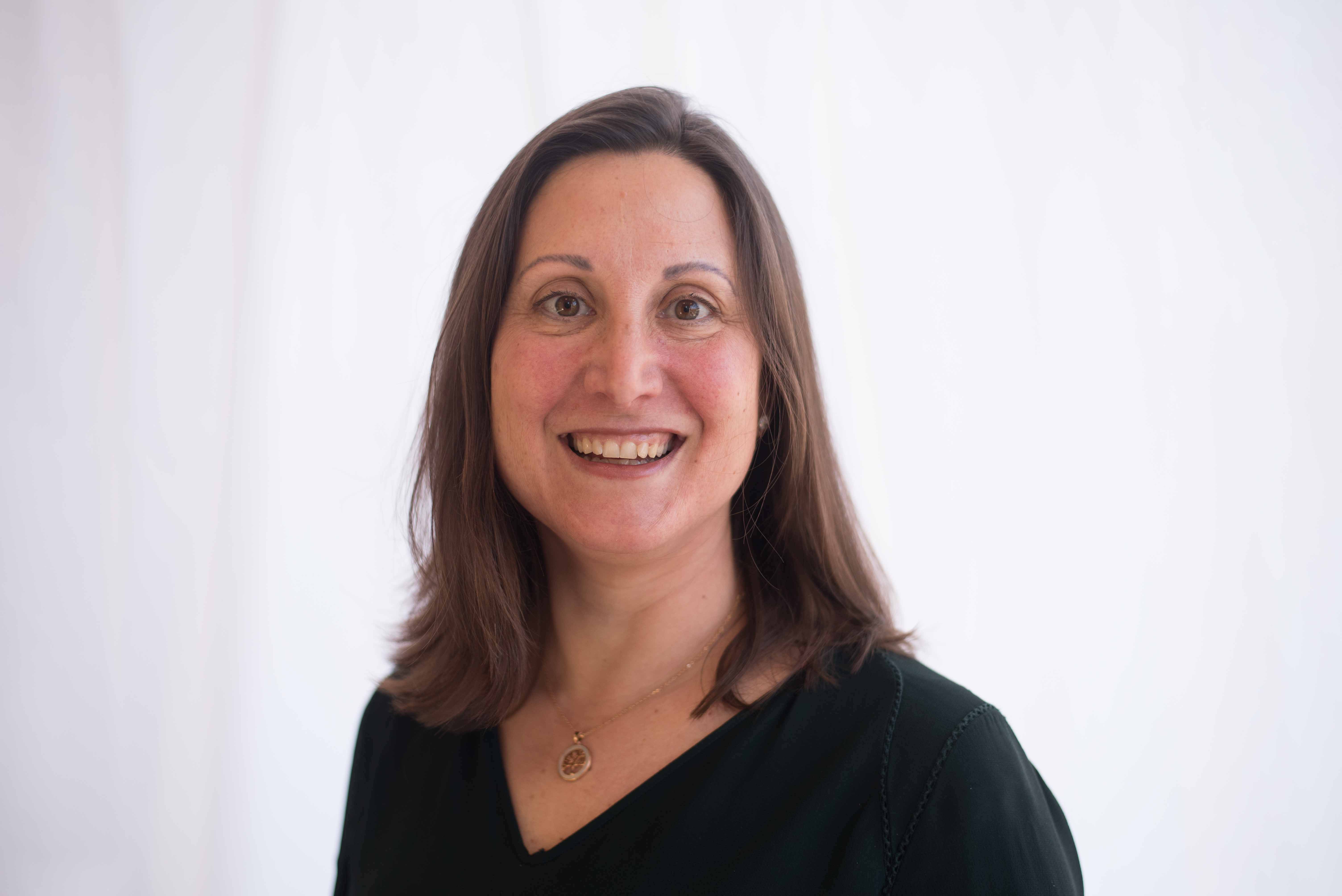
Speaker: Isabel Martin Caballero, Pelago Bioscience, Project Advisor
Talk Title: The Cellular Thermal Shift Assay, How assessment of target engagement helps identify early liabilities
Biography: Isabel obtained her PhD in Stem Cell Biology from University of Edinburgh, followed by diverse research positions in industry and academia working on epigenetics, cell fate decisions and iPS disease modelling.
With more than 20 years of research experience, Isabel is a Project Advisor at Pelago Bioscience, working at the interface between the client and the scientist teams. Isabel joined Pelago in 2017 as a senior scientist and has worked in a wide variety of projects in all the CETSA® formats, as well as being involved in developing the CETSA technology forward.
Craig Malcom
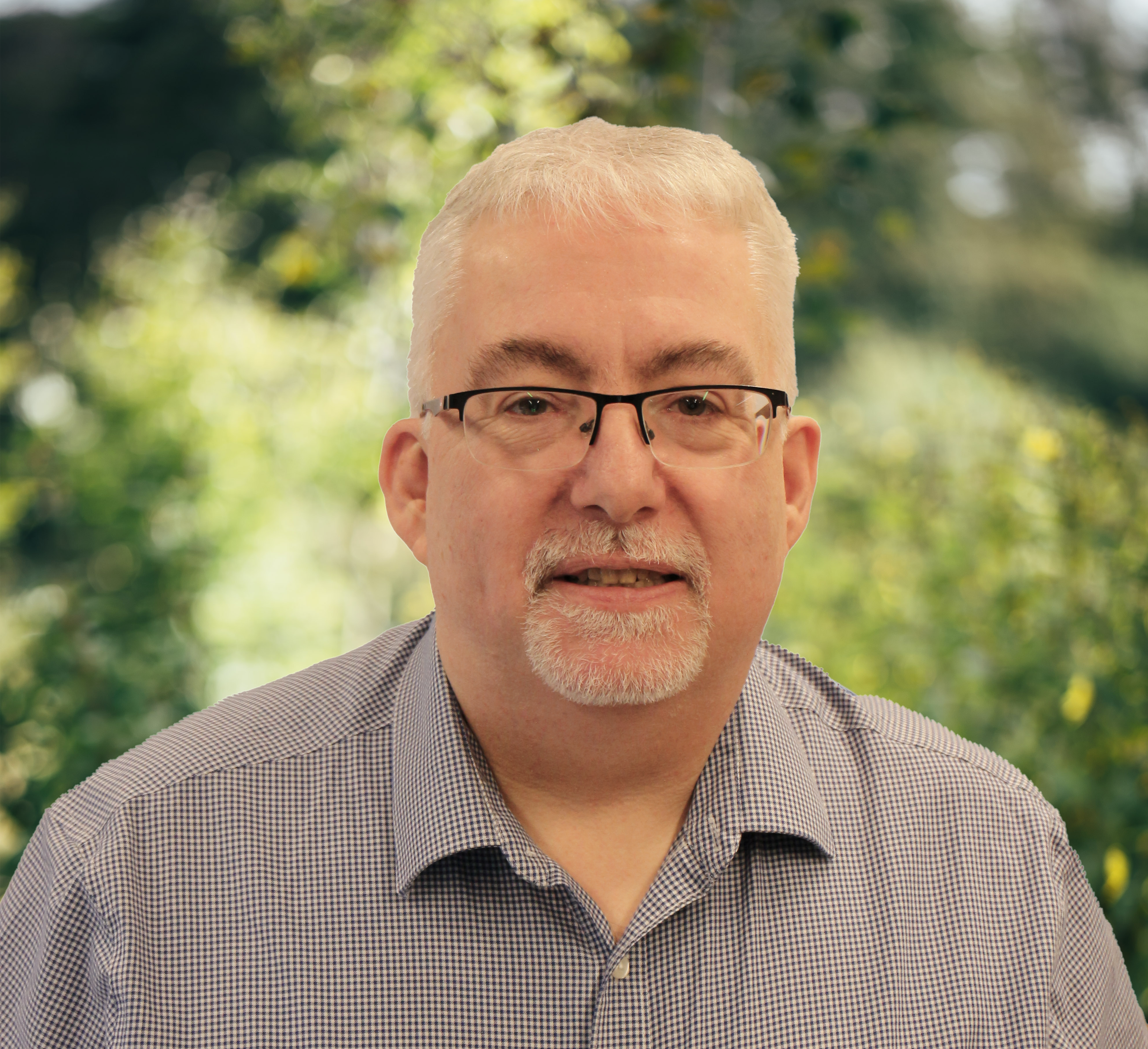
Speaker: Craig Malcolm, Business Manager, Emerging Technologies
Talk Title: NanoBRET® Target engagement assays for irreversible inhibitors and reversible covalent kinase inhibitors with tunable residence time kinetics
Biography: After completing his PhD in Neurochemistry from St Andrews University in 1995, Dr Malcolm joined the pharmaceutical industry working for seven years as a Team Leader in Molecular Pharmacology (Vernalis Ltd.), developing cell-based assays and supporting drug discovery screening projects across a variety of therapeutic areas. After several more years in product development as a Senior Cell Biologist (PerkinElmer), and various other commercially-focused roles in several other UK-based Life Sciences companies (Scientifica, Roche Applied Science), Craig joined Promega UK in 2012 and is currently Business Manager – Emerging Technologies & Bioassays, with a focus on new and emerging technology platforms for small molecule & biologics discovery.
Ivan Cornella
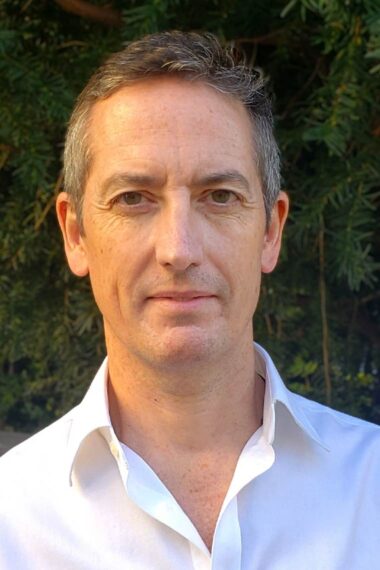
Speaker: Ivan Cornella, Covant Therapeutics
Talk title: Leaving a mark: Harnessing covalency to target native disease proteoforms
Biography: Ivan is the co-founder and Chief Scientific Officer of Covant Therapeutics, a Boston-based start-up aimed at unleashing the power of covalency to transform the way we drug human biology, treating diseases with transformative therapeutics. In previous roles, at Roivant Sciences, Cedilla Therapeutics, Merck, AstraZeneca, Sanofi, and Novartis, Ivan contributed to establish and managed teams supporting drug discovery initiatives across disease areas, target classes, and modalities. Throughout his career, Ivan has consulted on target discovery and enablement, omics, lead finding, and drug mechanism of action for various start-ups and biotech firms.
Ivan holds a Ph.D. in organic chemistry from the Universidade da Coruña, Spain, and earned an Executive Certificate in innovation from MIT Sloan School of Management. He completed postdoctoral work at the Institute of Chemistry & Cell Biology of Harvard Medical School, as National Cancer Institute Initiative for Chemical Genetics Research Fellow, and at Boston College chemistry department.
Ana Corrionero

Speaker: Ana Corrionero,
Co-Founder and CEO of Enzymlogic and Professor of Pharmaceutical Biotechnology at UPM
Talk title: Decoding Irreversible Drug Kinetics: COVALfinder® case studies
Biography: Ana, Co-Founder and CEO of Enzymlogic and Professor of Pharmaceutical Biotechnology at UPM, has over 20 years of experience in the pharmaceutical industry, including roles at Novartis, GSK, and the Spanish National Cancer Research Centre (CNIO). At GSK, she contributed to research on drugs targeting Malaria and Tuberculosis, while at CNIO and Novartis her focus shifted to cancer research, where she specialized in assay development, binding kinetics and molecular profiling.
In 2013, Ana founded Enzymlogic, a company that has since grown to become the global leader in kinetic profiling for drug discovery. Under her leadership, Enzymlogic has pioneered two innovative platforms: KINETICfinder® and COVALfinder®, both of which provide high-throughput kinetic screening of reversible and irreversible drugs.
Alongside her work as CEO, Ana remains deeply committed to academia. As a professor, she shares her expertise with students and enjoys inspiring the next generation of researchers.
Henrik Jensen

Speaker: Henrik Jensen, CSO, Fidabio
Talk title: "In-solution binding kinetics with 1st principle technology FIDA"
Biography: Henrik Jensen, Ph.D. is the inventor of FIDA technology (Flow Induced Dispersion Analysis), a former professor at Copenhagen University and current Chief Scientific Officer at Fida Biosystems. Thus, his scientific areas of interest span form academic and industrial pharmaceutical physical chemistry to development of novel research methodologies. Henrik has over 100 peer reviewed papers and issued patents (Citations > 2500 and H-index = 28 according to web of science (October, 2016)). His recent invention is a method for studying in-solution binding kinetics.
Christin Zasada
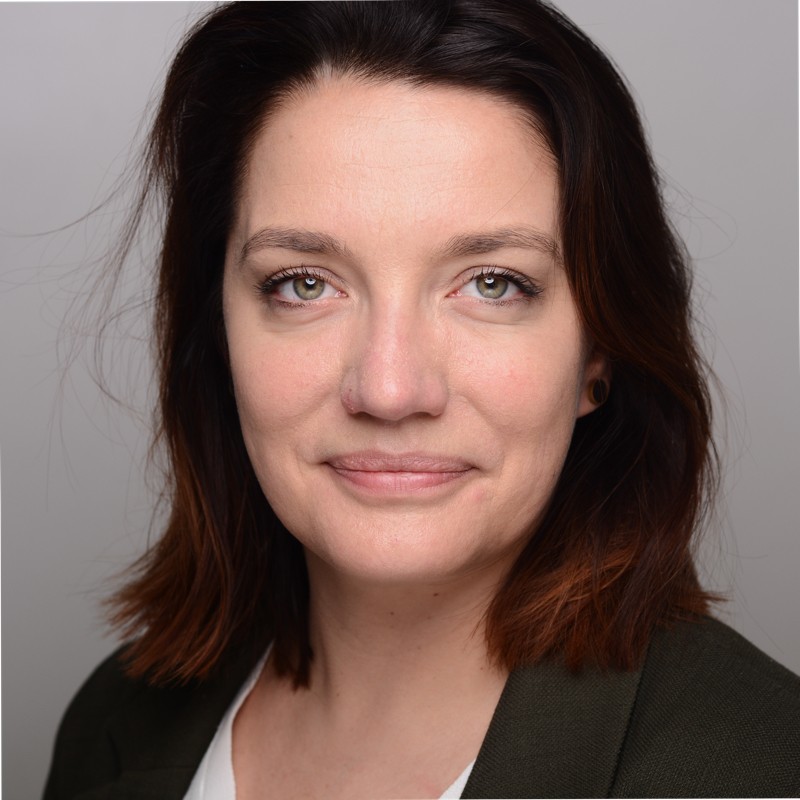
Speaker: Christin Zasada, Head of Bioinformatics, OmicScouts
Talk title: “Cellular Turnover of Covalent Drug Targets”
Biography: Inspired by her studies of Biosystems Engineering at the University of Marburg, Christin early on developed a strong interest in mass spectrometry-driven proteomics and metabolomics, which she further pursued during her PhD at the Max Delbrück Center Berlin, exploring the metabolic reprogramming of cancer and stem cells.
A major reoccurring challenge during this time was the aggregation of complex data to allow for their deeper understanding. For this reason, Christin´s focus shifted from the experimental side to bioinformatic analysis: Crafting pipelines for robust data processing, advancing analytical algorithms and enhancing data visualization, one of her strongest passions.
She has since been using her expertise as a bioinformatician and team lead at Evotec Toulouse, and now as the Head of Bioinformatics at OmicScouts, to make proteomics data accessible to non-experts and to create ready-to-use data solutions such as the ProteinTurnoverAtlas™.
Dr David Dai
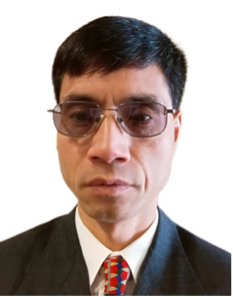
Speaker: Dr David Dai, Head of Medicinal Chemistry of the WuXi AppTec Early Discovery Platform
Talk title: “Utilizing DNA-Encoded Library Technology for Novel Covalent Hits Identification”
Biography: Dr. Dongcheng (David) Dai received his Ph.D. degree in organic chemistry from the State University of New York at Binghamton under the guidance of Professor Olivier Martin and was a postdoctoral fellow in the lab of Nobel Laureate Professor E. J. Corey at Harvard University. He has rich experience in medicinal chemistry. He has been working in drug discovery and development for 20+ years and is experienced in leading successful drug discovery program from inception to clinical trial. His research interests span from oncology, metabolic, neurological, cardiovascular, infectious to rare diseases. He discovered and synthesized two (2) FIC drug candidates that entered Phase I clinical trials and developed an FDA-approved drug [TPOXX® (tecovirimat)] from discovery to Phase II clinical trial. He also contributed to the development of the FDA-approved drug EXONDYS 51 (eteplirsen) injection. On technology development he led the establishment of DNA-encoded Library (DEL) platform and utilization of the technology in multiple companies and discovered potent hits for an extremely difficult and high value target. He is well educated in patent laws and experienced in all aspects of patent practice. He has 85 papers, patents, and patent applications. Dr. Dai joined WuXi AppTec in 2024 and is now leading the chemistry to identify novel hits, including those as targeted covalent inhibitors by using different technologies.




